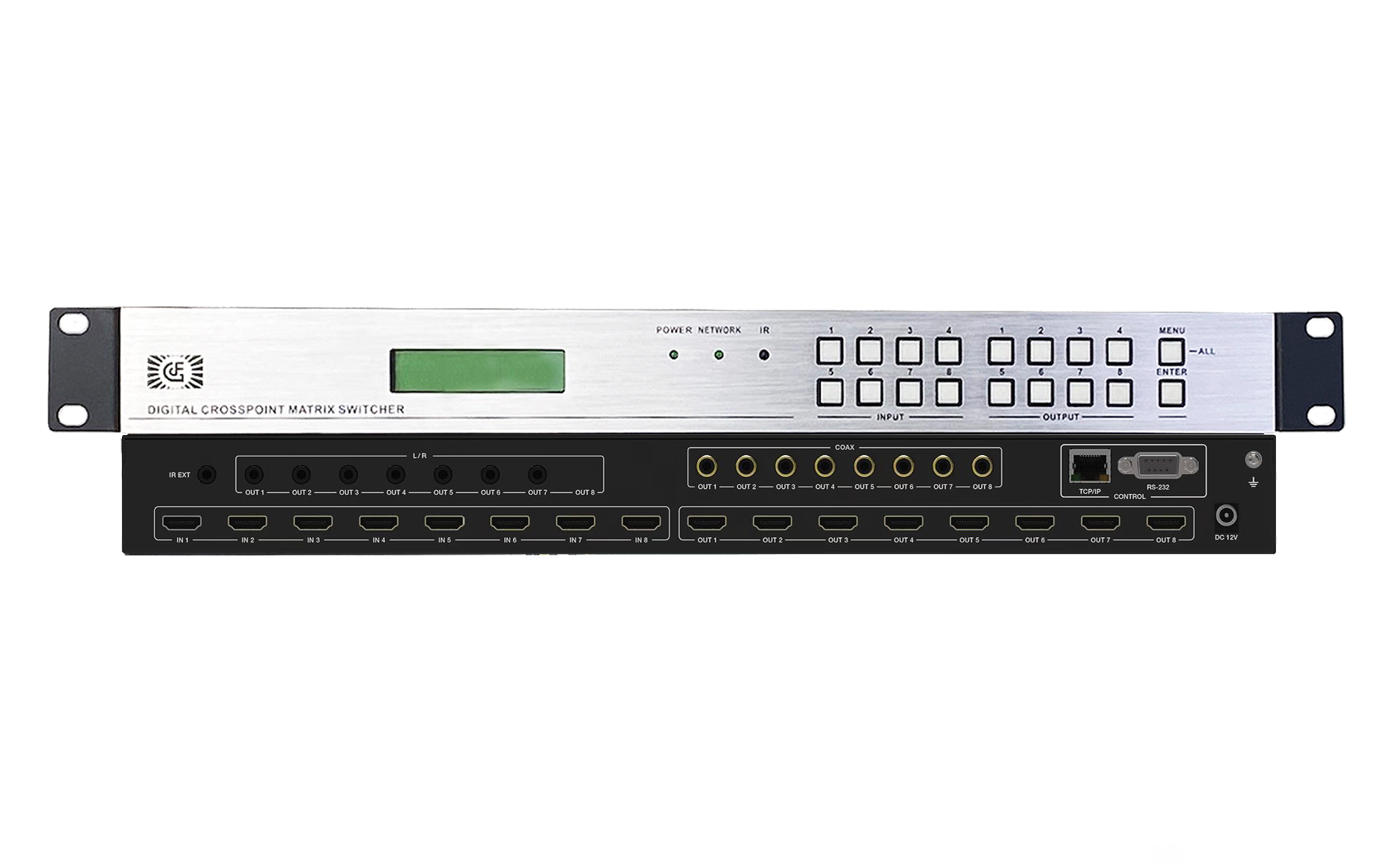Table of Contents
Benefits of Implementing Central Controllers in ODM Factory Operations
In the fast-paced world of manufacturing, efficiency and productivity are key factors in determining the success of a factory. One way to improve these aspects is by implementing central controllers in ODM factory operations. Central controllers are devices that manage and control various aspects of a factory’s operations, such as production processes, equipment, and inventory. By centralizing control, factories can streamline their operations, reduce costs, and improve overall efficiency.
One of the main benefits of implementing central controllers in ODM factory operations is increased efficiency. Central controllers allow for real-time monitoring and control of production processes, which helps to identify and address any issues or bottlenecks quickly. This proactive approach to managing operations can help to minimize downtime and maximize productivity, ultimately leading to increased output and profitability for the factory.
Additionally, central controllers can help to improve the quality of products coming out of the factory. By monitoring and controlling production processes, central controllers can ensure that products are manufactured to the highest standards and meet all quality requirements. This can help to reduce defects and rework, leading to higher customer satisfaction and lower costs for the factory.
Another benefit of central controllers in ODM factory operations is improved inventory management. Central controllers can track inventory Levels in real-time and automatically reorder materials when needed. This helps to prevent stockouts and delays in production, ensuring that the factory can meet customer demand and fulfill orders on time. By optimizing inventory management, factories can reduce carrying costs and improve cash flow, leading to a more efficient and profitable operation.

Central controllers also offer increased flexibility and scalability for ODM factory operations. With central controllers, factories can easily adapt to changing market conditions and customer demands. They can quickly reconfigure production processes, adjust inventory levels, and scale operations up or Down as needed. This flexibility allows factories to respond quickly to market trends and stay competitive in a rapidly changing industry.
Furthermore, central controllers can help to reduce costs for ODM factory operations. By optimizing production processes, improving inventory management, and increasing efficiency, central controllers can help to lower operating expenses and improve the bottom line for the factory. This cost savings can be reinvested into the business to fund growth and expansion, or passed on to customers in the form of lower prices, making the factory more competitive in the market.
In conclusion, implementing central controllers in ODM factory operations offers a wide range of benefits, including increased efficiency, improved product quality, better inventory management, increased flexibility and scalability, and reduced costs. By centralizing control and streamlining operations, factories can improve their overall performance and competitiveness in the market. As technology continues to advance, central controllers will play an increasingly important role in the success of ODM factory operations.

